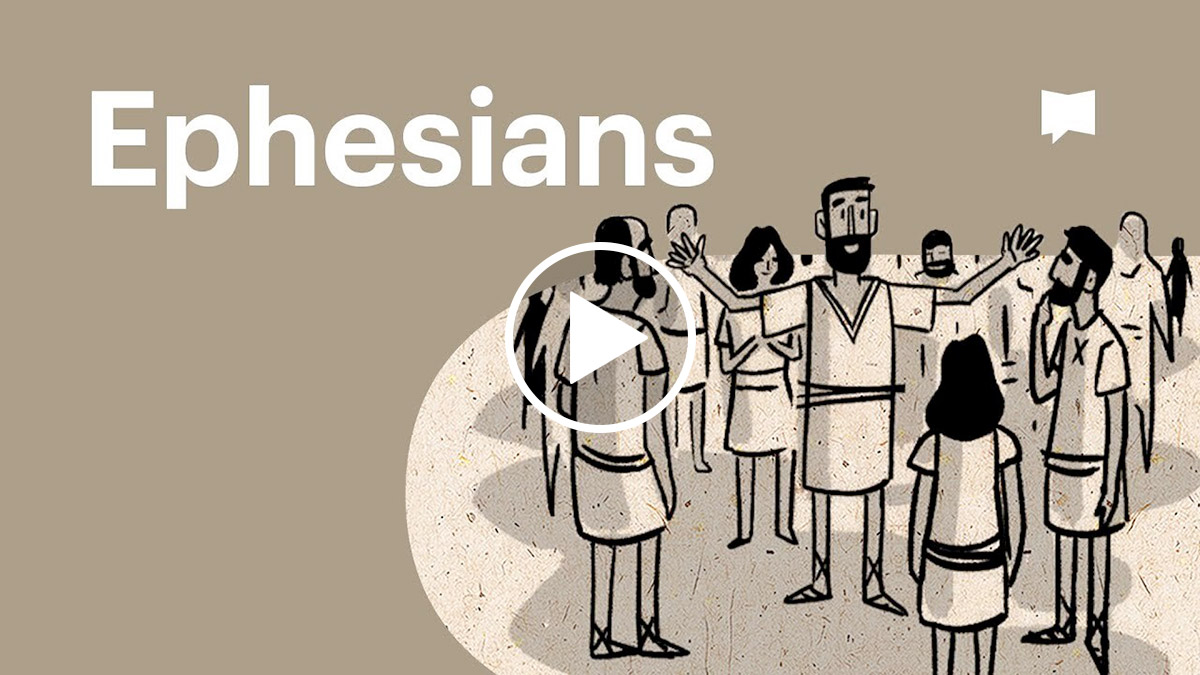 |
|||||||
| In this week’s Church at Home, we’re looking at Paul’s letter to the church in Ephesus—a diverse group of Jews and non-Jews from various ethnic and socioeconomic backgrounds. The Ephesians didn’t have much in common, yet Paul is very clear that in the family of God, all are equal recipients of God’s grace through Jesus.Societies have always categorized people into different hierarchies of value, but Jesus came to create a new humanity that is unified across all dividing lines. What does it mean to be a new unified humanity in a culture where followers of Jesus can be found on both sides of many controversial issues? How can our allegiance to Jesus compel us to have patient and meaningful dialogue with those whose views differ from our own? | |||||||
| Listen | |||||||
|
|||||||
|
|
|||||||
| Watch | |||||||
 |
|||||||
|
|
|||||||
| Read and Discuss | |||||||
| Video Question What stood out to you most in the video and why? |
|||||||
| Ephesians 1:9-10 Read here Ephesians 2:11-22 Read here Ephesians 4:1-5:2 Read hereIn Paul’s letter to the Ephesians, he speaks to Jews and non-Jews, two groups that were divided by so many factors it would have taken an act of God to unite them. In the first three chapters, Paul teaches about the great measures God took in order to make these two groups into one new humanity in Jesus. Then in the last three chapters, Paul shows them how Jesus’ unifying work should impact every relationship and aspect of their lives.
|
|||||||
 |

